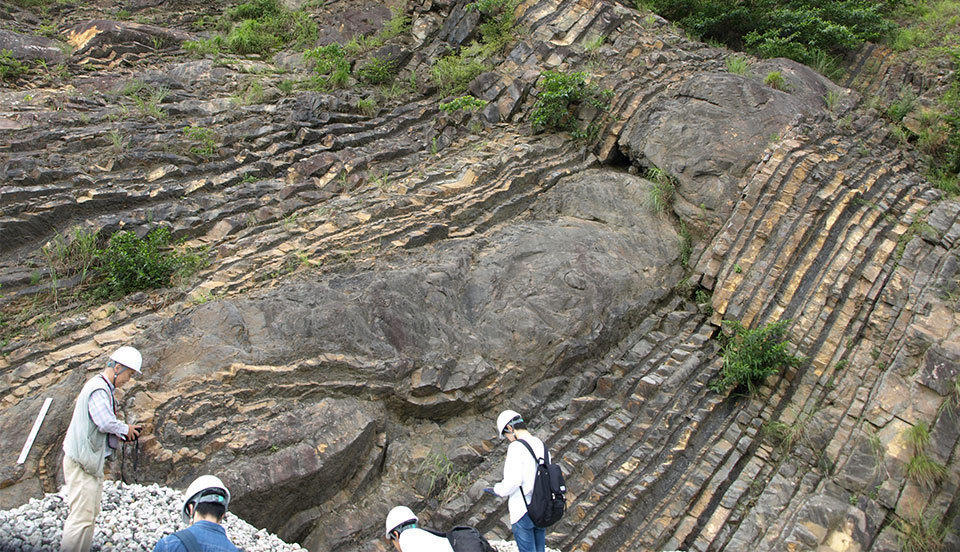
About this department
In the Natural Science Course, we aim to cultivate highly-skilled professionals who can deepen their expertise in the basic sciences that form the backbone of modern science, and promote the integration of other fields from a broad perspective, under the structure of the Physical Science, Chemistry, Earth Science, and Biological Science fields.
The program also aims to develop human resources who can acquire the fundamentals of data science and specialized knowledge in the natural sciences and who have the ability to explore and solve problems spontaneously with creative ideas and from new angles.
Unique
We provide a systematic and in-depth education in related fields that require complex problem solving and basic science fields requiring a higher level of specialization and education in collaboration with other related fields within the Graduate School.
Through special practical training, students are taught how to approach problem-solving in their respective fields to acquire knowledge and broad education in the natural sciences and become researchers with a broad perspective.
Introduction
physical Sciences
The Department of Physical Sciences conducts research in astrophysics, particle physics, and condensed matter physics. In astrophysics, we are searching for cosmic dark matter, observing the structure of the universe with large telescopes, and developing state-of-the-art measurement devices. In particle physics, we theoretically investigate the properties of quarks and neutrinos, which are smaller than atoms and are fundamental building blocks of the material world. In condensed matter physics, we are working to elucidate the properties of superconductors and superionic conductors and to develop new properties, which will form the basis of modern advanced technologies such as superconducting magnets and lithium-ion secondary batteries.
Chemistry
There are two fields of research: environmental and applied chemistry and fine organic synthetic chemistry. In environmental and applied chemistry, we study air pollutants coming across the border from the East Asian continent, develop water quality control technology, and develop composite oxide catalyst materials and their nano-level structure analysis. In fine organic synthetic chemistry, we study the development of new fine organic synthetic methods using non-centred chiral molecules, new and simple synthetic reactions using novel catalysts, and chemical processes that can reduce the burden on the environment.
Geological Sciences
The Department of Earth Sciences develops research in tectonics, environment and disaster prevention with an emphasis on fieldwork. Graduate students learn about the latest topics in structural geology, rocks and minerals, and environmental and disaster prevention geology while deepening their own research. Through fieldwork both in Japan and overseas, the program aims to nurture geoscientists who can play an active role on the world stage by providing consistent guidance from description and measurement in the field, sample collection, data collection and analysis in the laboratory, to publication.
Biological Sciences
The Department of Biological Sciences provides basic science education and research in embryology, molecular biology, biochemistry, and genetics. Biological experiments and analyses are conducted at the molecular, individual, genomic, and population levels to deepen our understanding of biological phenomena such as development and evolution.

